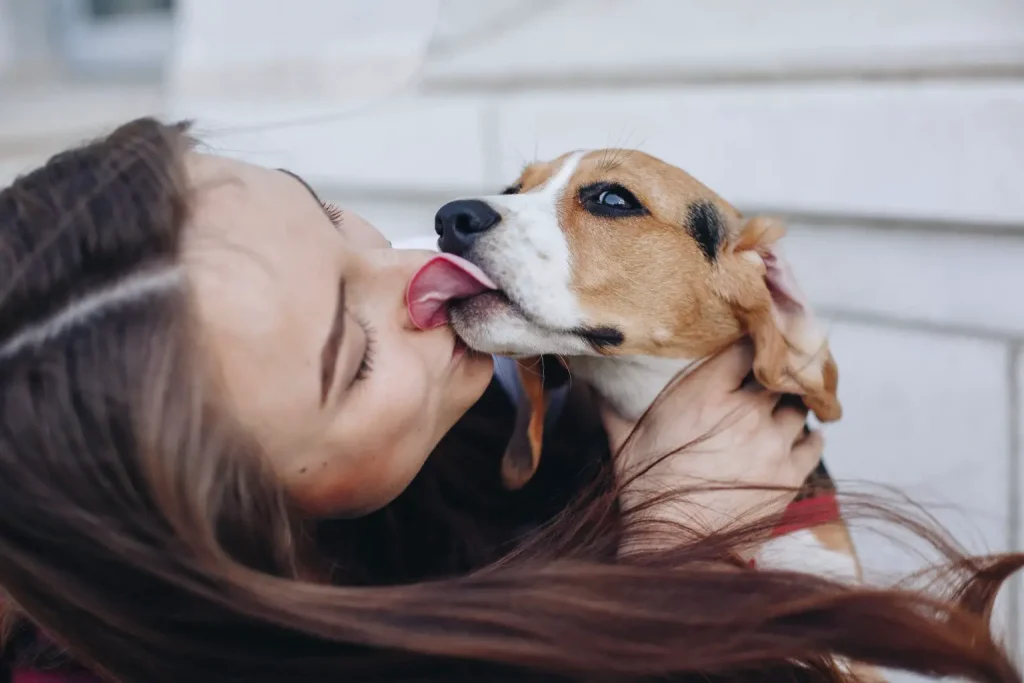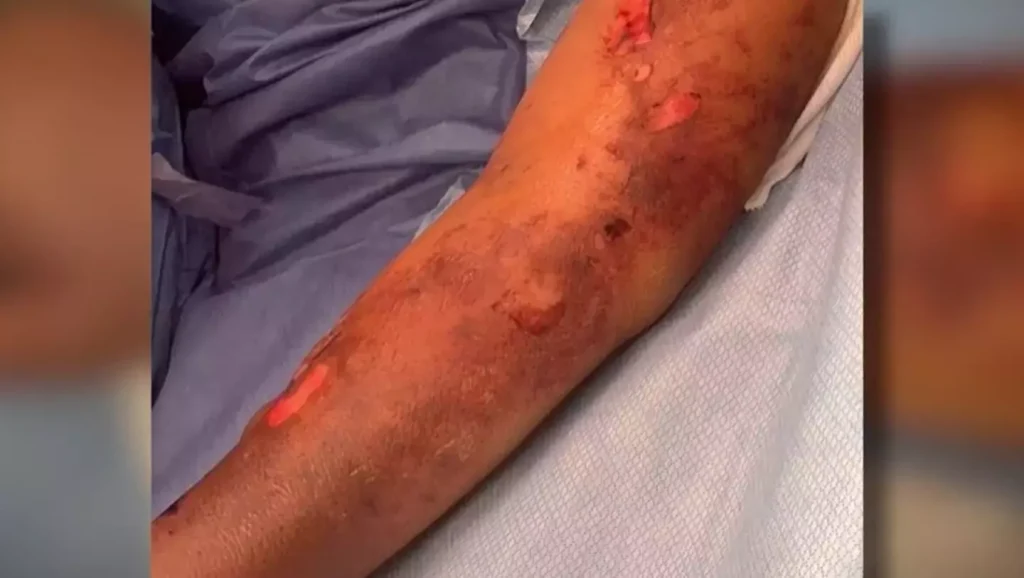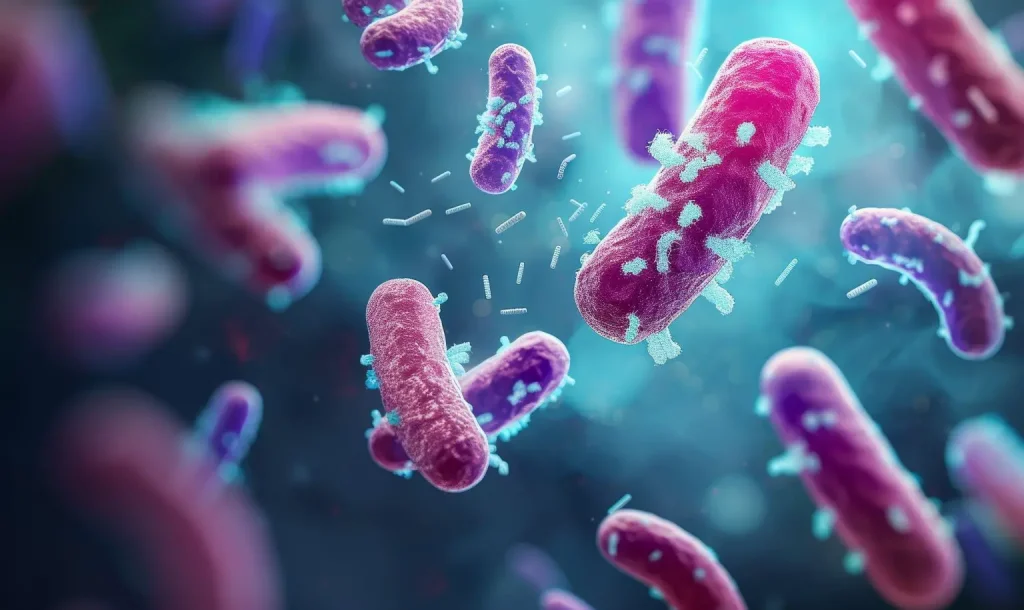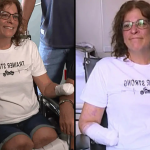A veterinarian has issued an urgent warning against kissing your dog on the lips after a woman was forced to undergo amputation of her arms and legs.
Many dog owners think letting their pets lick them is harmless, but experts are urging caution following a case where a woman had to undergo a quadruple amputation.
Marie Trainer, from Stark County, Ohio, returned from a vacation in 2019 with a small cut on her hand.
When Marie returned home, her dog greeted her with affectionate licks. She thought nothing of it—until she became seriously ill just a few days later.

Marie told FOX News, “Four days later, I wasn’t feeling well and just got sicker and sicker.”
Initially thinking it was the flu, Marie’s husband, Matt, rushed her to the hospital. Doctors were initially baffled, but her condition quickly worsened, and she slipped into a coma.
Tests confirmed that Marie had contracted Capnocytophaga canimorsus, a bacteria present in the saliva of dogs and cats.
When introduced into the human body, especially through cuts or wounds, it can trigger a severe immune reaction.
In extreme cases, this can result in blood clots that block circulation to the limbs, often requiring amputation.
Tragically, Marie had to undergo the loss of both her arms and legs.

Experts have emphasized that dogs can unknowingly transmit zoonotic diseases, which are illnesses passed from animals to humans.
A research team at Penn State issued a specific warning about antibiotic-resistant salmonella. Sophia Kenney, a lead author of the study, explained:
“When it comes to salmonella, we often associate it with agriculture and transmission, particularly with eggs and beef.”
“But the thing is, we don’t let cows sleep in our beds or lick our faces, but we do with dogs. We share a unique bond with our companion animals, and our interaction with dogs is particularly close.”

Falls Village Veterinary Hospital in Raleigh, North Carolina, echoed these concerns:
“Dogs are known for their indiscriminate behavior, from sniffing and licking to eating anything they come across. Their mouths can carry bacteria such as E. coli, campylobacter, and salmonella, which are zoonotic and easily transmitted between species.”
“While most healthy adults are unlikely to experience severe effects, exposure to these microorganisms can lead to gastrointestinal issues and oral infections.
“Parasites like giardia, roundworms, and hookworms can also be transmitted through licks, resulting in abdominal pain and digestive problems in both dogs and humans.”
Since her life-changing experience, Marie has been on a long road to recovery. She has undergone extensive rehabilitation to adapt to prosthetic limbs.
Reflecting on her progress, she shared: “It’s been challenging. Learning how to walk was the hardest thing, but I’m good, I’m doing good.”





